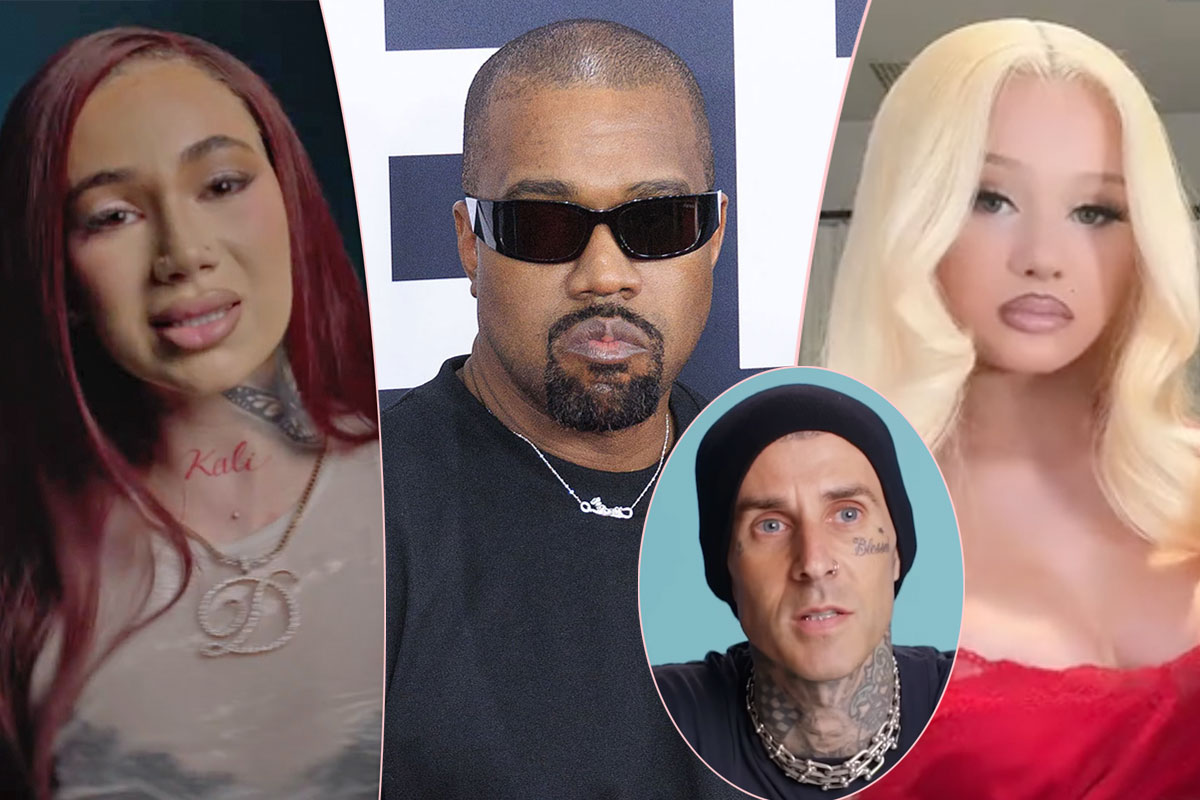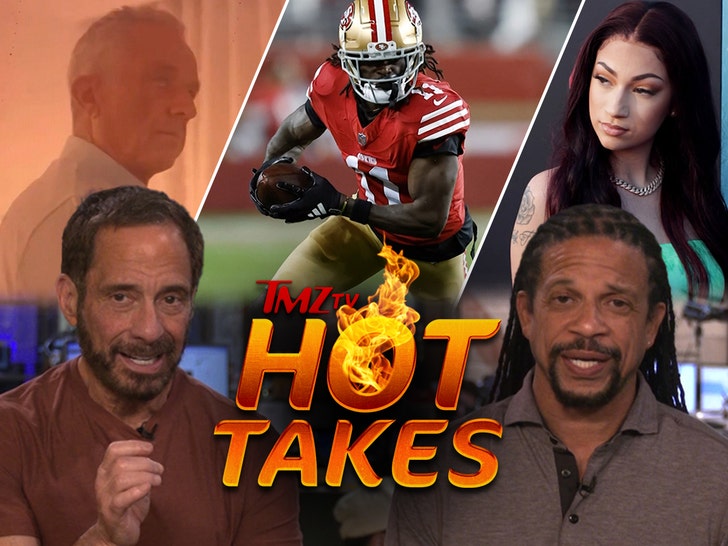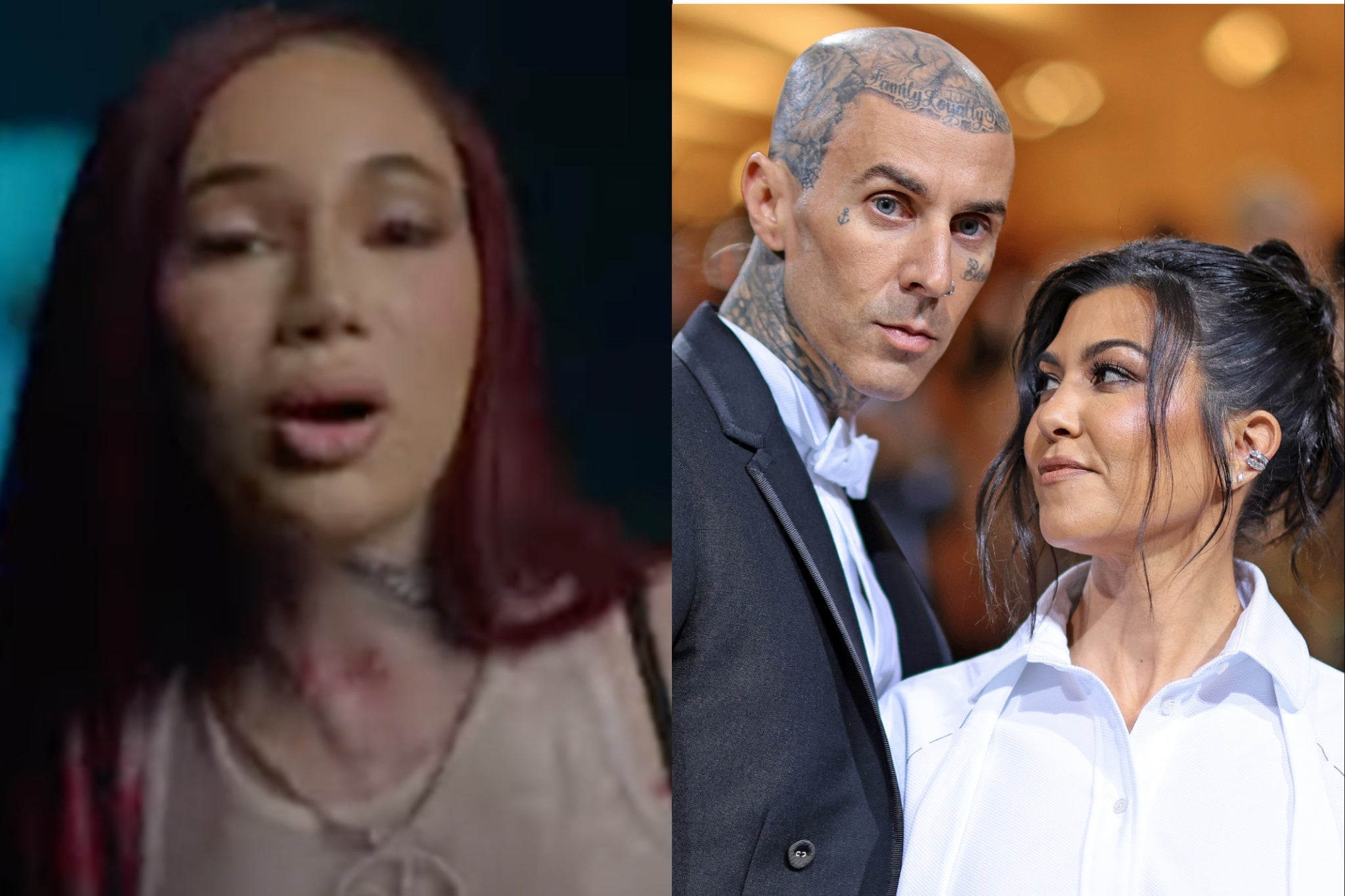Did a teenage feud, amplified by the glare of the internet, truly reshape the landscape of celebrity culture? The rise and fall of online personalities, especially those embroiled in public spats, offers a potent lens through which to examine the ephemeral nature of fame and the enduring power of manufactured drama.
The digital age has birthed a new breed of celebrity, one defined by viral moments, meme-worthy controversies, and a relentless pursuit of attention. The story of the individuals at the center of this particular case, who initially came to prominence via drastically different routes, is a testament to the unpredictable trajectories of fame in the 21st century. The quest for relevance is often a relentless one, and the means by which it is achieved can be as diverse as the personalities themselves. Some seek validation through authentic expression, while others embrace the manufactured conflict and performative outrage that frequently dominates online discourse. The very nature of their fame, rooted in a clash of personalities and the amplification of online chatter, highlights a significant shift in how we consume celebrity narratives.
The initial query suggests a search for information about political affiliations. This seemingly innocuous question, "Did Bhad Bhabie vote for Trump?" reveals an underlying curiosity that is common to any celebrity. The query itself demonstrates the intersection of celebrity culture and politics, two realms that are increasingly intertwined. It is a reflection of the era in which anyone with a significant online following is fair game for scrutiny. The question, though, ultimately yields no concrete answers, but it does serve as a microcosm of the larger trenda demonstration of how personal lives are no longer considered personal when fame enters the picture.
| Category | Details |
|---|---|
| Real Name | Danielle Bregoli |
| Stage Name | Bhad Bhabie |
| Date of Birth | March 26, 2003 |
| Place of Birth | Boynton Beach, Florida, USA |
| Nationality | American |
| Known For | Catchphrase "Cash me ousside how bow dah?", Music, Social Media Personality |
| Rise to Fame | Appearance on Dr. Phil Show (2016), Subsequent internet virality. |
| Music Genres | Hip Hop, Trap |
| Notable Tracks | "These Heaux", "Hi Bich" |
| Record Label(s) | B.H.A.G. Entertainment |
| Controversies | Several public feuds, legal issues related to theft and other charges. |
| Net Worth (estimated) | Millions of USD, due to music, social media, and other ventures |
| Social Media Presence | Active on Instagram, YouTube, and other platforms |
| Reference | Wikipedia - Bhad Bhabie |
The echoes of the "Dr. Phil" appearance are still heard today. The show, famed for its sensationalism, provided the initial platform. The clip, which catapulted Bregoli into the public consciousness, became a viral sensation. The catchphrase "Catch me outside, how about that?" became a cultural touchstone, a rallying cry of sorts that captured the raw defiance of youth.
The ensuing notoriety wasn't without its critics. Many questioned the ethics of the show's exploitation of a troubled teen, and the impact this new media attention had on her life. It's a question that continues to be debated, and the answer is complex, encompassing themes of exploitation, mental health, and the complicated ways young people are made to negotiate the public eye.
The subsequent rise of Bhad Bhabie in the music industry underscored her quick wit, a keen sense for the digital world and the power of a well-crafted brand. She demonstrated a savvy understanding of the tools needed to stay relevant, employing social media and viral marketing with skill, thereby building a brand around her persona. Bhad Bhabie was able to convert a fleeting moment of viral fame into a sustained career. The music provided a vehicle for her expression, and the image she crafted was one of independence and defiance.
The parallel paths of these individuals, one forged in the crucible of a daytime talk show and the other through the channels of internet fame, are representative of the era. The public feuds, the constant online scrutiny, the relentless pursuit of attention, and the commodification of youth are all symptoms of a culture that rewards sensationalism above all else. This is a society that both creates and consumes the dramas of online personalities.
The query concerning a political stance, reflects how the lives of celebrities are now intertwined with the wider cultural and political conversation. Celebrities are increasingly asked to use their platforms to express their views on everything. This expectation stems from a societal change where the political has become personal, with personal lives becoming political. The question "Did Bhad Bhabie vote for Trump?" is not merely an idle query; it reflects the evolving perception of what makes a celebrity.
The fact that no results were found in regards to the question concerning political views, however, does not negate the significance of the question itself. It highlights the changing relationship between fame, identity, and political beliefs. The very asking of the question is more revealing than any potential answer might be. It illustrates the expectations now placed on public figures, the level of scrutiny to which they are subjected, and the ways their perceived values impact their brand.
The reference to the Madison Square Garden rally of the Trump presidency suggests a further level of complexity. The appearance of Dr. Phil at such an event, ostensibly to represent people who were bullied, underscores the blurring of lines. While Dr. Phil may have claimed not to be there to endorse Trump, his presence inevitably carried political weight. This scenario is another example of the evolving relationship between celebrities, politics, and the court of public opinion. The media, and particularly the internet, plays a vital role, driving both the questions asked and the answers given.
The narrative, from the initial appearance on a daytime talk show to the music career and brand building, is a testament to the fluid and often unpredictable nature of contemporary celebrity. It emphasizes how quickly a moment of viral fame can transform into a career, or a business venture. It also demonstrates the high stakes involved in navigating the treacherous landscape of online scrutiny. The individuals involved are both beneficiaries and victims of this new system, constantly balancing their personal lives with the demands of their public personas.
The very phrase, "Check spelling or type a new query," is telling. It underscores the limitations of digital searches and the challenges of piecing together a complete picture in the fast-moving world of the internet. It speaks to the fragmented way we now consume information, often bouncing from one source to another, seeking confirmation bias and avoiding anything that challenges our predetermined worldview. The search, when used in this context, becomes a metaphor for our own understanding and a quest for some level of meaning.
The evolution of these online narratives is a mirror reflecting the cultural shifts. It underscores the importance of understanding the implications of social media, viral content, and the relentless pursuit of attention. The individuals at the center of this story are not just celebrities; they are products of their time, and their stories are valuable for anyone who wants to understand the dynamics of online fame and its pervasive influence on contemporary society.
The core lesson to be drawn from this saga is that fame, like the internet itself, is ever-changing. It shifts and morphs according to algorithms, trends, and the whims of the public. The individuals involved have managed to navigate this shifting landscape, adapting to new technologies, cultural trends, and the ongoing demands of their audiences. The next chapter of this story is yet to be written. The world will be watching.


